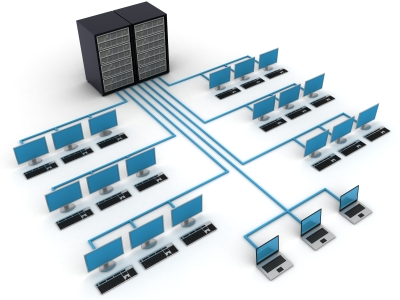Router Upgrade Tool
Internet connectivity is an indispensable part of our daily life. The router is the primary device that keeps us connected online. But, what happens when the router's performance begins to slow, or the latest technology advancements just slip by it? This is where a router upgrade tool can come in handy.
Router upgrade tools are software applications that are designed to make the router upgrade process smooth and effortless. With these tools, router upgrades can be done without any hassle, technical issues or compatibility concerns. These tools will scan your network environment, identify the router, check for any firmware updates, and perform the upgrade subsequently.
The router upgrade tool allows you to keep your router firmware up-to-date, free of any vulnerabilities that could put your network security and privacy at risk. The tool is designed to facilitate high-speed internet connections, increase bandwidth, and optimize the router's performance. It is the ideal solution for people who are not tech-savvy and need to update their router firmware periodically.
In conclusion, if you want to keep your router firmware up-to-date and make sure you're getting the most out of your router, then a router upgrade tool is the right way to go. These tools are easy to install, user-friendly and they come with many features that make router upgrades a breeze. Say goodbye to manual router upgrades and embrace the convenience of a router upgrade tool today.

